Barrington may refer to:

Sir Uvedale Price, 1st Baronet, author of the Essay on the Picturesque, As Compared with the Sublime and The Beautiful (1794), was a Herefordshire landowner who was at the heart of the 'Picturesque debate' of the 1790s.
There have been two baronetcies created for members of the Orr-Ewing family, both in the Baronetage of the United Kingdom. Both creations are extant as of 2010.
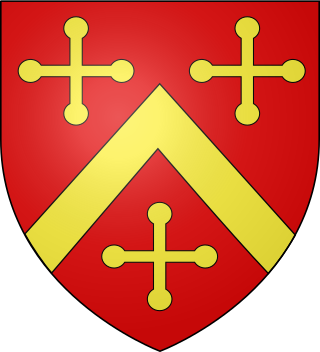
Robert Rich, 3rd Earl of Warwick, supported the Royalist cause in the English Civil War.
Essex was a constituency represented in the House of Commons of the Parliament of England from 1290 to 1707, then of the Parliament of Great Britain from 1707 to 1800 and of the Parliament of the United Kingdom from 1801 to 1832. It elected two MPs, traditionally referred to as Knights of the Shire, to the House of Commons. Under the Great Reform Act 1832, it was divided into two two-member constituencies.
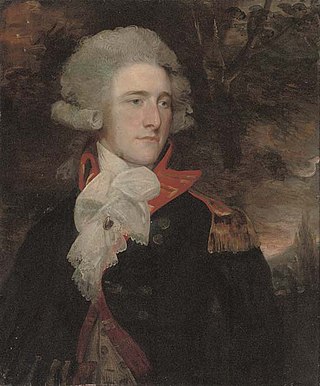
Thomas Henry Liddell, 1st Baron Ravensworth, known as Sir Thomas Liddell, 6th Baronet, from 1791 to 1821, was a British peer and Tory politician.
Sir John Barrington, 3rd Baronet of Barrington Hall, Essex was an English lawyer and politician who sat in the House of Commons at various times between 1645 and 1679.
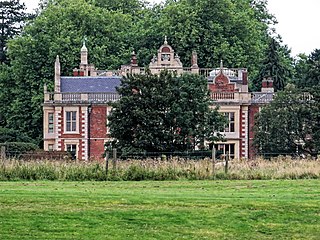
Sir Thomas Barrington, 2nd Baronet, 1585 to 18 September 1644, was an English politician and Puritan activist who sat in the House of Commons at various times between 1621 and 1644. In the early stages of the First English Civil War, he helped establish the Eastern Association, one of the most effective elements of the Parliamentarian army.
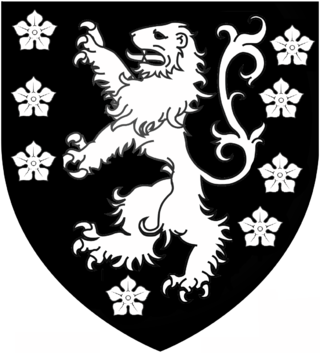
Two unrelated baronetcies have been created in the surname of Clifton.

Sir Charles Barrington, 5th Baronet was an English Tory politician.
Sir John Barrington, 9th Baronet was a British politician who sat in the House of Commons from 1780 to 1796.
Sir Francis Barrington, 1st Baronet of Barrington Hall, Essex was a Puritan activist and politician, who was MP for Essex from 1601 to 1604, then 1620 to 1628.
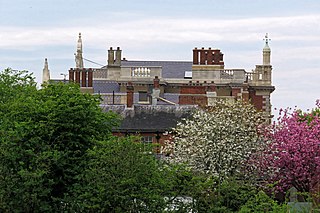
Sir John Barrington, 7th Baronet of Barrington Hall, Essex was a British politician who sat in the House of Commons for a total of 36 years between 1729 and 1775. Barrington was the elder son of Sir John Barrington, 6th Baronet and his wife Susan Draper, daughter of George Draper. He succeeded his father as baronet in August 1717. He married Mary Roberts, daughter of Patricius Roberts.
John Barrington may refer to:
Charles Barrington may refer to:
Sir William Masham, 1st Baronet was an English politician who sat in the House of Commons variously between 1624 and 1655.
Sir William Lytton DL JP was an English politician who sat in the House of Commons from 1640 to 1648. He supported the Parliamentary cause in the English Civil War.
Barrington is a minor suburb in the south of Christchurch, New Zealand, occasionally referred to as part of Spreydon. In 2006, the area was classified as a suburb by government organisations such as Statistics New Zealand for the purposes of the census, and divided into two areas named Barrington South and Barrington North. For the 2018 census, the area of Barrington was instead primarily included within the statistical area of Spreydon South.

Judith, Lady Barrington born Judith Lytton also Judith Smith was an English estate manager, supporter of clergy and a gentlewoman.

The Barrington Baronetcy, of Barrington Hall in the County of Essex was created in the Baronetage of England on 29 June 1611, for Francis Barrington, member of parliament (MP) for Essex.